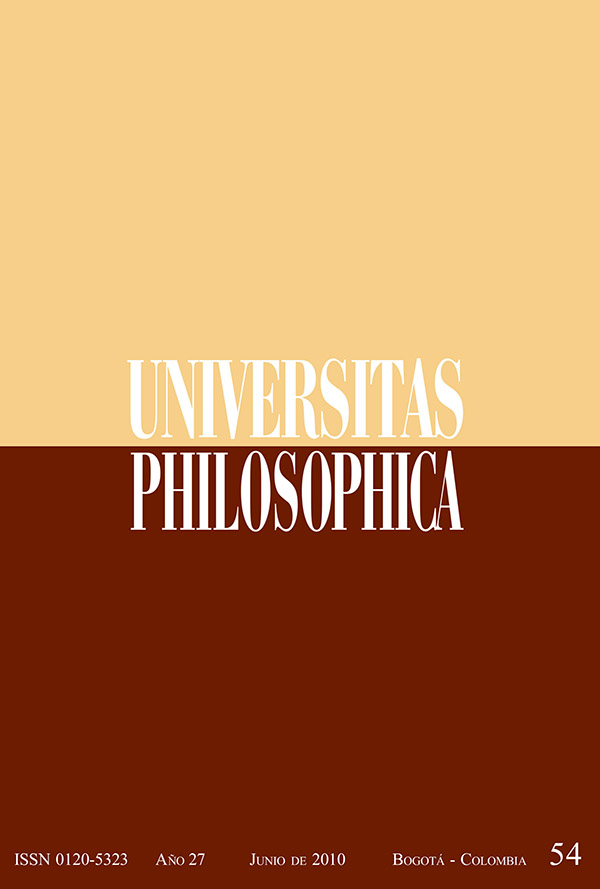Abstract
Nietzsche's notorious declaration of God's death and his consubstantial atheism seems to be out of question. However, a closer attention to his philosophy should brush this commonplace off to see him as a strange atheist. Had he really arrived at a conclusive position on the ultimate reality? His instinctive atheism is on behalf of a visceral rejection to give a face or to take possession of that faceless and unutterable divine by any particular religion. But, being rather against a ‘mono-tonous-theism’, Nietzsche shortens his distance from the infinite and the eternal and the ‘infinite fire’ in his defense of polytheism. Nietzsche would will and love the divine by itself, not as a redeemer or a savior, or a personal and incarnate guarantee; perhaps, the divine's transient dancing footprints and flashes; but, the divine both transcendent and immanent?This journal is registered under a Creative Commons Attribution 4.0 International Public License. Thus, this work may be reproduced, distributed, and publicly shared in digital format, as long as the names of the authors and Pontificia Universidad Javeriana are acknowledged. Others are allowed to quote, adapt, transform, auto-archive, republish, and create based on this material, for any purpose (even commercial ones), provided the authorship is duly acknowledged, a link to the original work is provided, and it is specified if changes have been made. Pontificia Universidad Javeriana does not hold the rights of published works and the authors are solely responsible for the contents of their works; they keep the moral, intellectual, privacy, and publicity rights.
Approving the intervention of the work (review, copy-editing, translation, layout) and the following outreach, are granted through an use license and not through an assignment of rights. This means the journal and Pontificia Universidad Javeriana cannot be held responsible for any ethical malpractice by the authors. As a consequence of the protection granted by the use license, the journal is not required to publish recantations or modify information already published, unless the errata stems from the editorial management process. Publishing contents in this journal does not generate royalties for contributors.


